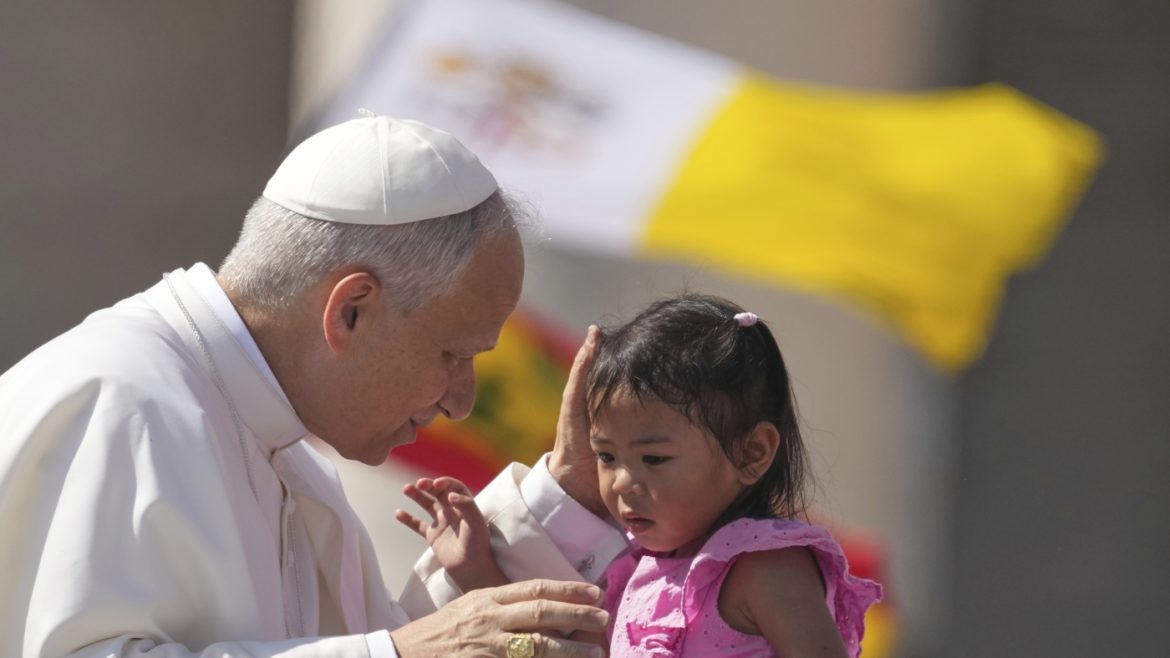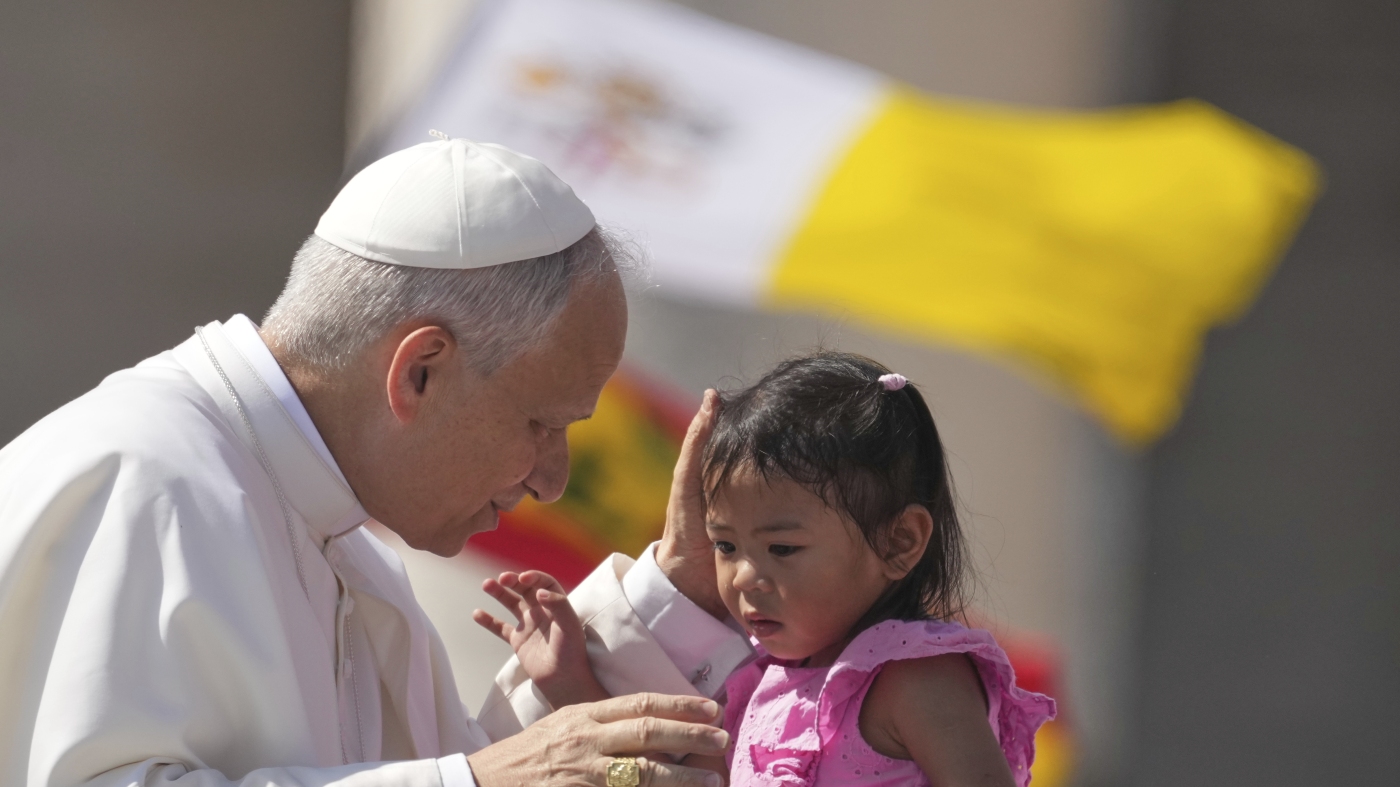The Rise of Nationalism Under Pope Leo XIV’s Critical Lens
In a world witnessing a marked resurgence of nationalist political movements, Pope Leo XIV’s recent statements and actions present a powerful counter-narrative advocating for peace, reconciliation, and dialogue. His pronouncements during a widely attended Sunday Mass at St. Peter’s Square against the rise of political nationalism reaffirm his commitment to positioning the Catholic Church as a beacon of unity and harmony amid growing global divisions.
Pope Leo XIV’s Message: Breaking Barriers, Building Bridges
Pope Leo XIV’s direct critique of nationalism underscores a significant concern regarding the potential for such movements to fragment societies and foment conflict. During his mass, the Pope invoked the Holy Spirit to “break down barriers and tear down walls,” imagery symbolizing the dismantling of divisive ideologies that pit people against one another based on narrow nationalist interests. His call was not merely condemnatory but constructive—he urged for reconciliation and dialogue, signaling an embrace of open communication and understanding among different peoples and nations.
This approach aligns seamlessly with his repeated pledges to make the Church not an isolated institution but a “symbol of peace” that transcends political boundaries and cultural divides. His vision challenges the growing trend of insularity and exclusivism that accompanies nationalism, proposing instead a global Catholic community committed to unity.
Contextualizing Nationalism’s Surge in Contemporary Politics
The Pope’s criticism resonates amid increased nationalism worldwide, reflected in the rise of political parties and movements that prioritize national identity, sovereignty, and often ethnocentric agendas. Such movements frequently emerge as reactions to globalization, economic uncertainty, and immigration, seeking to protect perceived national interests but often resulting in heightened tensions and polarization.
Pope Leo XIV’s message implicitly addresses these challenges by emphasizing dialogue as an essential tool for overcoming conflicts rooted in misunderstanding and fear. His stance signals a moral and spiritual opposition to divisions that threaten peace and social cohesion, reiterating the Church’s historical role as a mediator and advocate for human dignity and solidarity.
Reconciliation as a Cornerstone of Papal Leadership
Following in the footsteps of his predecessor Pope Francis, who championed themes of encounter and bridge-building, Pope Leo XIV places reconciliation at the heart of his papacy. His appeals for dialogue are not abstract theology but practical calls to action, urging political actors, religious communities, and individuals to engage across divides.
By calling for “all to be one people,” he envisions a future where common humanity outweighs ethnic, cultural, or national distinctions. This vision challenges existing political narratives that exploit division, suggesting instead a path where mutual respect and understanding prevail.
Implications for the Catholic Church’s Role in Global Affairs
Pope Leo XIV’s vocal opposition to nationalist movements and his emphasis on peace and unity underscore a strategic repositioning of the Church as an active player in global socio-political discourse. The Church’s historical influence and moral authority equip it to advocate for peaceful solutions and to stand against trends that threaten human rights and social justice.
Moreover, by focusing on reconciliation and dialogue, the Church under Pope Leo XIV signals a willingness to engage with contemporary challenges in a way that is both spiritual and politically relevant. This integration reinforces the Church’s potential as a unifying force capable of addressing not only religious but also societal fractures.
Conclusion: A Papal Vision for a Divided World
Pope Leo XIV’s critique of the nationalist surge and his prayers for reconciliation and dialogue emerge as a vital voice advocating for peace amid rising global tensions. His leadership exemplifies a commitment to breaking down walls—literal and metaphorical—that divide humanity, replacing barriers with bridges built on empathy, understanding, and shared purpose. By positioning the Catholic Church as a symbol of peace and a catalyst for unity, Pope Leo XIV challenges the allure of nationalism’s exclusivity, offering a hopeful vision for a more integrated and harmonious world community.


